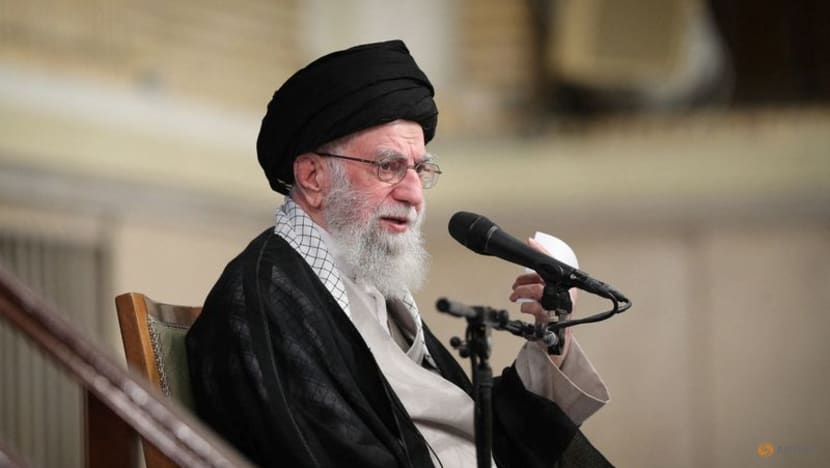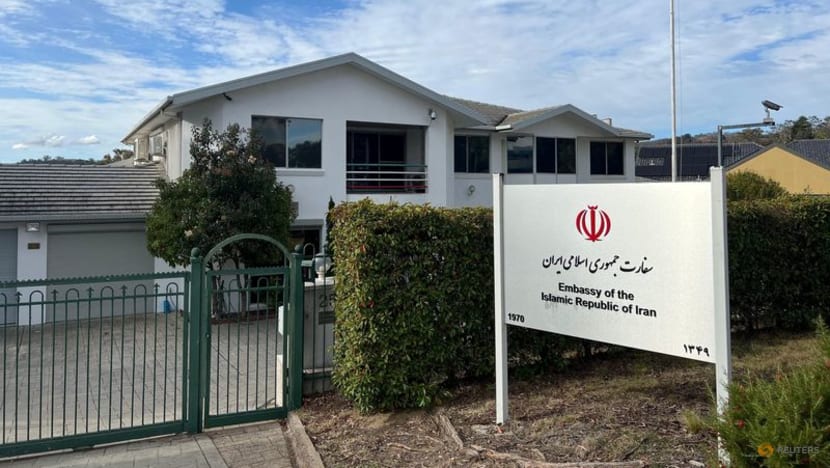Iran vows to reciprocate after Australia expels envoy

TEHRAN: Iran on Tuesday (Aug 26) vowed "reciprocal action" after Australia expelled its ambassador over accusations that Tehran was behind antisemitic arson attacks in Sydney and Melbourne.
"The accusation that has been made is absolutely rejected," said foreign ministry spokesman Esmaeil Baqaei during a weekly press conference, adding that "any inappropriate and unjustified action on a diplomatic level will have a reciprocal reaction".
Earlier Tuesday, Australia declared Iranian ambassador Ahmad Sadeghi "persona non grata" and ordered him and three other officials to leave the country within seven days.
It also withdrew its own ambassador to Iran and suspended operations at its embassy in Tehran, which opened in 1968.
Australian Prime Minister Anthony Albanese said intelligence services had concluded that Iran was behind the torching of a kosher cafe in Sydney's Bondi suburb last October and directing a major arson attack on the Adass Israel Synagogue in Melbourne in December.
No injuries were reported in the two attacks.

IRAN DISMISSES ACCUSATIONS
On Tuesday, Iranian Foreign Minister Abbas Araghchi, in a post on X, called Albanese a "weak politician" and said the accusation against Iran "makes zero sense".
"Iran is paying the price for the Australian people's support for Palestine. Canberra should know better than to attempt to appease a regime led by War Criminals," Iran's top diplomat said, referring to Israeli politicians.
Baqaei said the measures appeared to be "influenced by internal developments" in Australia, including recent protests against Israel's war in Gaza.
"It seems that this action is taken in order to compensate for the limited criticism the Australian side has directed at the Zionist regime (Israel)," he added.












